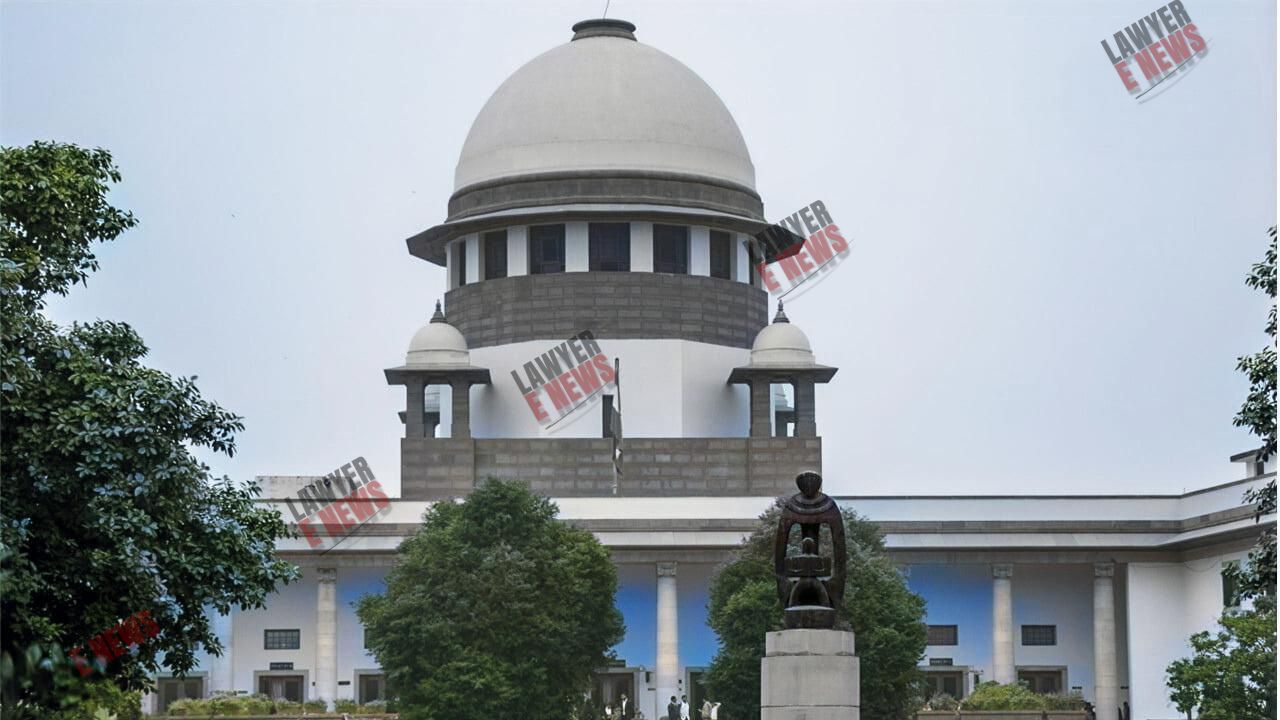-
by Admin
15 February 2026 2:36 AM



Supreme Court of India upheld the conviction of five appellants in connection with the 2002 murders arising out of political clashes during a hartal in Kerala. The bench comprising Justice Sudhanshu Dhulia and Justice Prasanna B. Varale dismissed the appeal, ruling that the evidence was consistent and credible despite alleged investigative lapses and minor contradictions in witness testimonies.
On March 1, 2002, a hartal called by the RSS/VHP in Kerala led to violent clashes with CPI(M) members. A group of 11 individuals, fearing for their safety, hid near the Meloor river. A mob attacked them at midnight, killing two individuals, Sunil and Sujeesh, while others managed to escape. The case involved political enmity between the groups, with the appellants accused of leading the attack armed with weapons.
The trial court in 2006 convicted all 15 accused under Sections 143, 147, 506(ii), and 302 read with Section 149 IPC. The High Court in 2011 upheld the convictions of five accused while acquitting others. Aggrieved, the remaining appellants moved the Supreme Court.
Credibility of Witness Testimony
The appellants argued that contradictions in the testimonies of key witnesses (PW1, PW2, and PW4) undermined the prosecution’s case. The Court rejected this contention, reiterating settled law that minor inconsistencies do not vitiate credible testimonies:
“A mere variation in statements does not discredit a witness. Only those contradictions capable of affecting credibility are material.”
The Court found the testimonies to be consistent and corroborated by medical and circumstantial evidence. It relied on precedents, including Rammi v. State of MP (1999) and Birbal Nath v. State of Rajasthan (2023), to hold that partial inconsistencies in witness accounts do not invalidate the prosecution’s case.
Application of ‘Falsus in Uno, Falsus in Omnibus’
The appellants invoked the doctrine of "false in one thing, false in everything" to challenge the evidence. The Court reaffirmed that this doctrine is not applicable in Indian jurisprudence:
“Indian courts have consistently held that a witness’s testimony can be relied upon in parts if it inspires confidence.”
Investigative Lapses
The defense highlighted flaws in the investigation, including delays in FIR registration, improper recovery procedures, and allegations of tampering with evidence. The Court noted deficiencies but held that investigative lapses do not automatically result in acquittal:
“Defective investigations cannot absolve the accused if the core evidence, such as eyewitness accounts and medical reports, remains credible.”
Citing Paras Yadav v. State of Bihar (1999), the Court emphasized the need to assess the reliability of evidence independently of investigative flaws.
Medical and Circumstantial Evidence
Postmortem reports confirmed the homicidal nature of the deaths, caused by injuries inflicted with sharp weapons. The Court found this consistent with witness accounts, corroborating the prosecution's narrative.
Conviction Under Explosive Substances Act
A3's conviction under Section 5 of the Explosive Substances Act, 1908, was upheld. The Court found sufficient evidence that A3 had used a bomb during the attack.
The Supreme Court dismissed the appeal, affirming the High Court’s judgment. It ruled that the evidence presented, particularly the eyewitness testimonies, was trustworthy despite minor contradictions and investigative lapses. The Court reiterated:
“The principle of separating grain from chaff applies. Minor discrepancies in testimonies do not undermine the prosecution's case when corroborated by other evidence.”
The Court also clarified that its decision did not affect the acquittal of the other accused by the High Court.
Date of decision : January 6, 2025
